|
29th October 2019 Tuesday night gaming at 'The Sovereigns' in Woking with the board game club continues. The final game of the night was 'Grand Austria Hotel'. It doesn't take much imagination to realise that this is a game about running a hotel. That's right, keep those restaurant customers happy. Manage all those hotel rooms. Maintain the prestige of your establishment. All the fun! Joking aside, Grand Austria is pretty good game. The rules are fairly straightforward to learn, but there's a lot of things to think about and take into consideration. A lot of things! What's in a game? Grand Austria Hotel has a lot of components. They are all quite colourful and well made.
How's it play? We begin with setup.
The turn order is a little unusual in Grand Austria Hotel. Every player gets 2 turns in a round. All players are given a token with 2 numbers on it - which is when their turns will occur. Turns proceed clockwise until all players have had their first turn, then goes back anticlockwise so that the last player was also the first player. In a 4 player game, the first player will have a token that shows '1/8' and the fourth player will have a token showing '4/5'. Actions The first thing the active player can choose to do is to take a guest card from the main game board. Depending on which card is taken, the active player may have to pay for it. The further the card is to the left, the more it costs. Gaps in the row are replaced by sliding cards from the left to the right and adding new cards on the furthest left. This is a 'conveyor belt' mechanic. Action board Actions in Grand Austria Hotel are determined by dice. The number of dice used depends on the number of players. In a 4 player game, 14 dice are used. The first player rolls all the dice and and places them as required on the action board. There are 6 columns on the action board. After the dice have been rolled, they are placed in their relevant space. If 3 1's have been rolled, they are placed into the '1' column, this is done for all 6 columns. This determines both the effectiveness and number of each action that can be performed. The more dice there are in a column the more effective that action is and the more often it can be performed. Every time an action is performed, a die from that column is removed. If a column has no dice, that action cannot be performed (Unless performing the 'copy action' action!). The 6 actions are:
Additional actions As well as the actions listed above, players can perform some extra actions.
Endgame Grand Austria Hotel is played over 7 rounds, thus each player has 14 turns to use. Prestige is scored at the end of rounds 3, 5 & 7. During prestige scoring, before prestige is scored each player's prestige score is lowered by 3, 5 or 7 in each related round. Prestige points translate in victory points, but if a player's prestige points are too low, that player will lose victory points instead. Additionally, if a player is above the prestige threshold, they get a bonus, if they are below, the receive a penalty. This depends on the 3 prestige reward/penalty tokens that were placed on to the main board. At the end of the 7th round, points are scored from various sources, such as staff cards, occupied rooms, remaining food, drink & money, objectives and prestige tokens. Any guests left in your restaurant loses points. All points are tallied, highest score wins. Overall
So Grand Austria Hotel is a game about acquiring customers, fulfilling their needs and preparing rooms for them in your hotel. The game is quite a balancing act as it forces players to juggle preparing rooms and fulfilling the needs of their customers. Players also need to pay attention to the prestige track, as failing to acquire enough prestige can be seriously detrimental. The bonus objective can earn quite a lot of points. Money too can be a problem, it's quite hard to accumulate money and is also something you need to think about. Whilst there's a lot going on in this game, the rules aren't too complicated. Optimising strategies is really important here. But the available actions and their effectiveness is unpredictable. So Grand Austria Hotel forces players to both think ahead and be adaptable, whilst providing players with lots of meaningful decisions. These are things that make Grand Austria Hotel a good game.
0 Comments
Leave a Reply. |
AuthorI play, I paint. Archives
March 2024
Categories
All
|

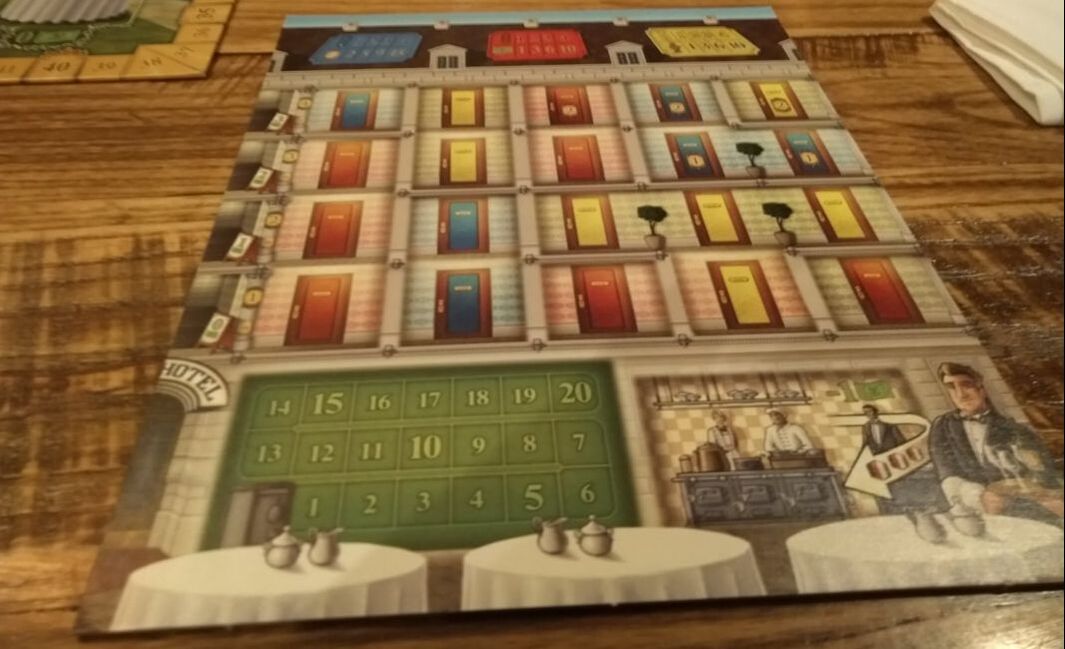
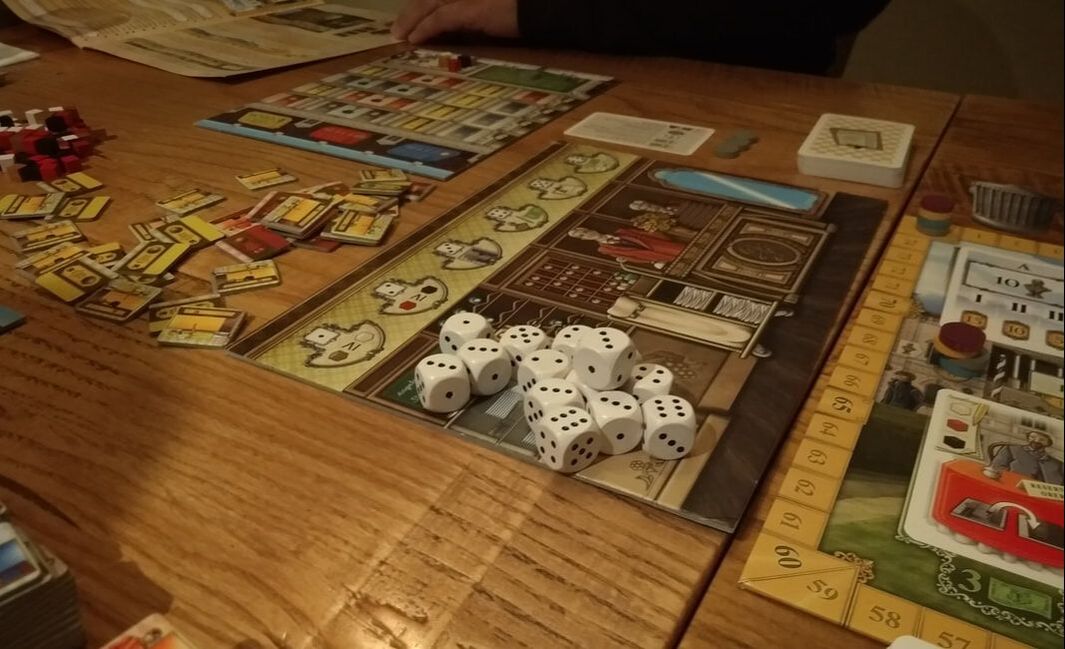
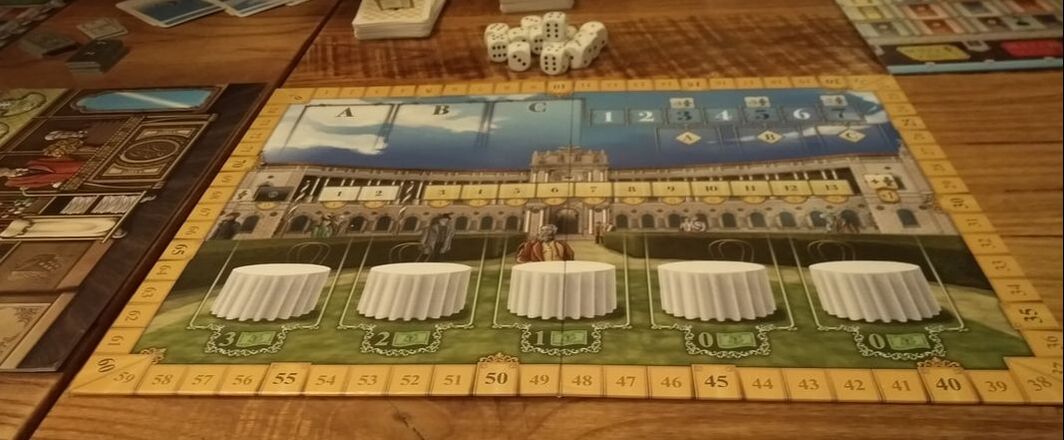
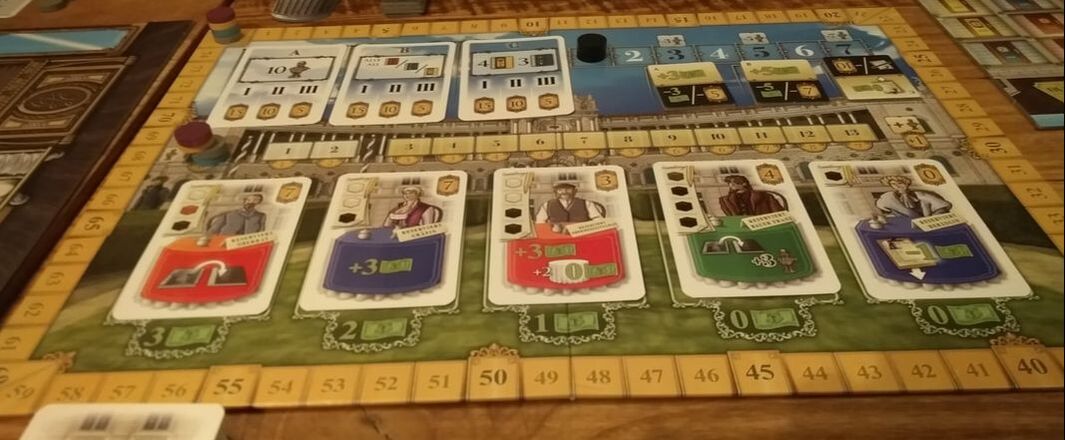
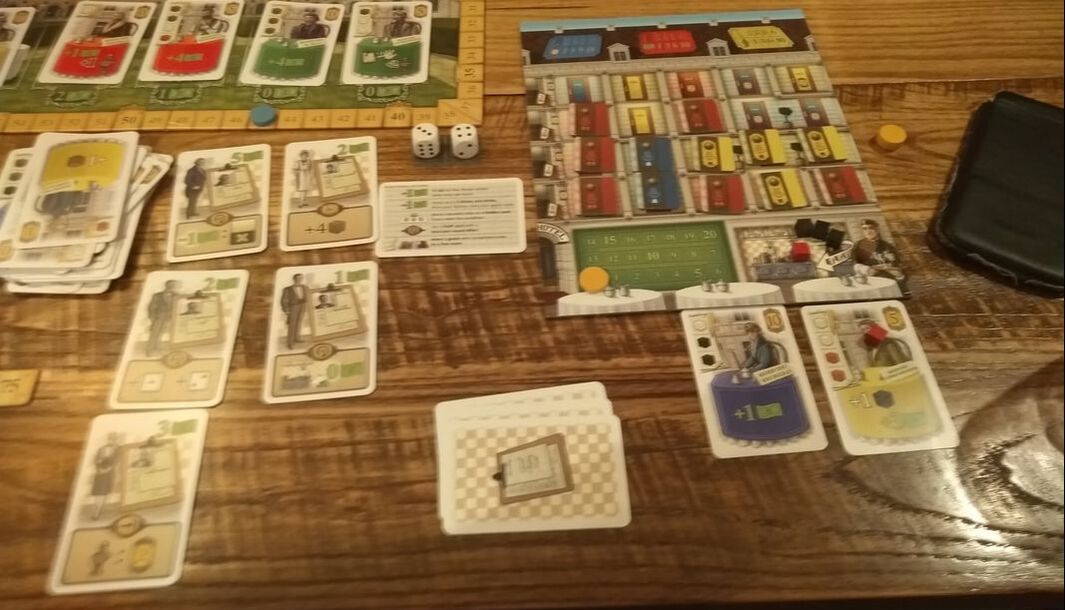
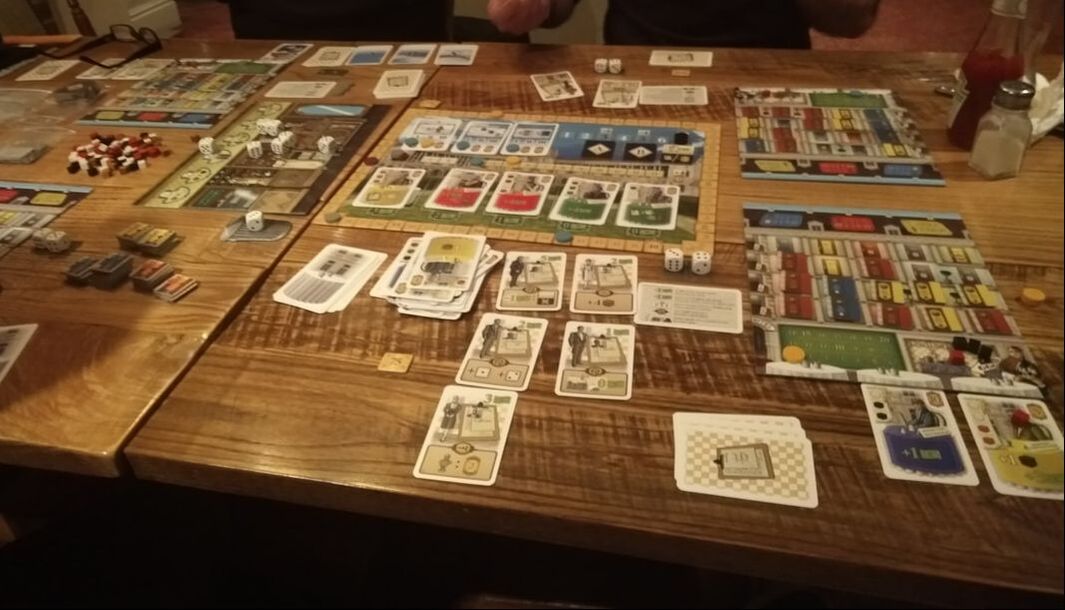
 RSS Feed
RSS Feed
